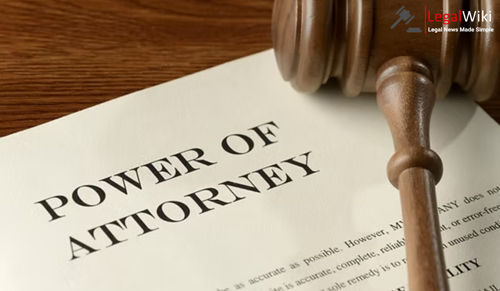
Advocate Not Liable to Verify the Genuineness of Power of Attorney Given by Litigant : Supreme Court
- Case Name: Ismailbhai Hatubhai Patel vs The State of Gujarat
The Supreme Court held that an advocate should not be held criminally liable for failing to verify the genuineness of a power of attorney provided by a litigant.
The Court noted that advocates are not expected to verify such documents in the ordinary course of their work. The case involved a tenancy dispute where a fabricated power of attorney was allegedly used.
However, since the vakalatnama and petition were signed by the power of attorney holder, the advocate was discharged from charges of cheating and forgery.
The Court clarified that verifying a power of attorney's genuineness is not an advocate's duty.
PrashansaBookmark